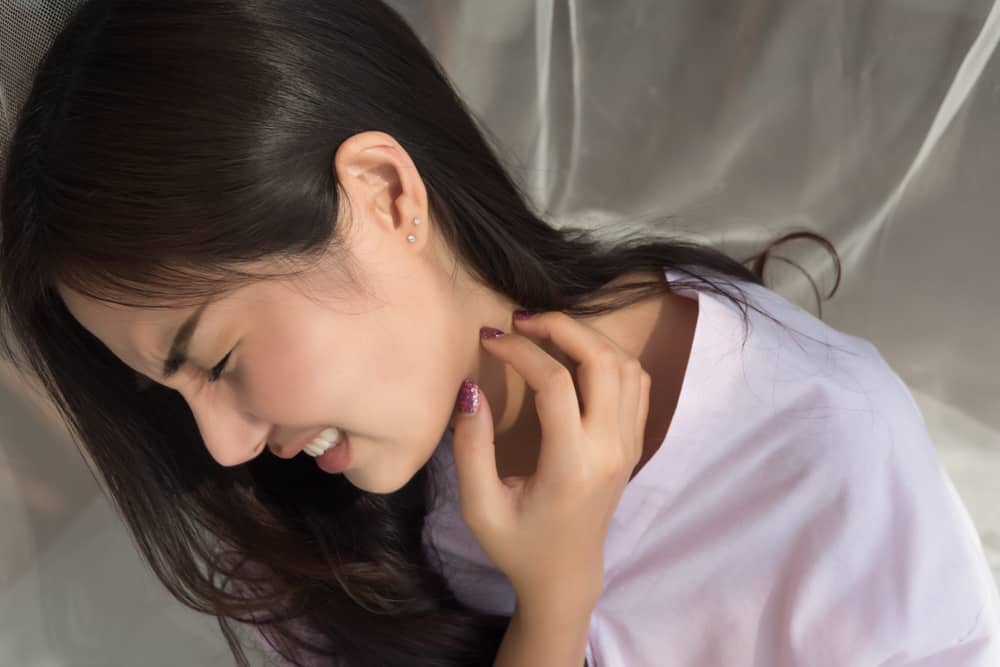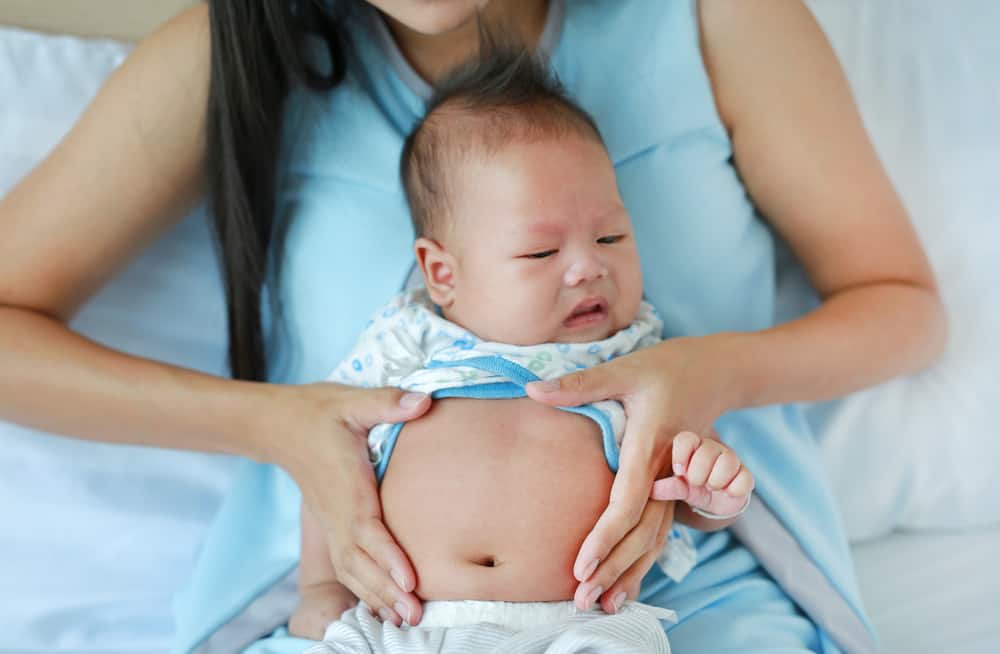Contents:
- Medical Video: Kids React to Gay Marriage
- Human instincts are designed to avoid inbreeding
- What did this study find?
- Why do brothers and sisters often become the "benchmark" ideal partner for women?
Medical Video: Kids React to Gay Marriage
In addition to the success of shocking the world with his music, the four members of the Beatles in his day also managed to make millions of women around the world fall in love at first sight thanks to their handsome faces and dapper. Try asking your mother or grandmother, who might have a crush on one of them. Another case for today's millennial teenagers, who might make one member of the One Direction or Boyband Kpop their ideal type of partner.
Unfortunately, the dream of having a husband like Ringo Starr or Harry Styles might have to bury you deeply. The latest research actually reports that women are more likely to look for ideal partners who have physical characteristics and traits that are similar to their brothers or sisters. Wow! How come?
Human instincts are designed to avoid inbreeding
Humans are social beings. We crave caring and affection from our family members, and to be able to restore that love in the same form. On the other hand, the natural instinct to preserve offspring prevents us from feeling sexual or romantic attraction to our own biological family.
There are many studies that show that humans are more successful at reproducing and producing offspring if their partners are not like them - for example parents or siblings. This is what makes humans as much as possible avoid blood marriage to prevent risking the children and grandchildren then inherit the same broken gene.
When our partner comes from a family tree that is different from us, the genetic combination that will be passed on to the next grandchildren will become more diverse. It is this instinct that "turns off" sexual attraction or romance with our own siblings, because genetic diversity is needed to determine human survival and adaptability.
However, the nurturing and loving nature of humans will be even higher if both sides of the parent share limited genetic diversity. Previous research shows that we will instinctively be more friendly to family members who are closely related to us, and the closeness between family members will be thicker when their parents share fewer genes. This means, to find the ideal partner, humans must look for someone who has a similar but not the same genetic chain.
Well, this theory then disturbs the curiosity of a group of research teams from Northumbria University in England. They were curious, then in order to fulfill the need for love from their own family, it made women more likely to be attracted to men who were similar to their brothers? Although it sounds weird, and makes it a little il-feel, their allegations turned out to be a little true.
What did this study find?
The research, published online in Evolution and Human Behavior Journal, asks a group of young women to send two photos - one is a photo of a girlfriend / husband, and one is a picture of his brother. From this collection of photographs the researcher then composes it randomly in a photo album. On the left side of each page they put a photo of a brother from one woman; On the right side a photo of a girlfriend from the same woman was affixed, surrounded by three photos of other female couples randomly selected.
Afterwards, a group of other volunteer women were given the task of researching this photo album and were asked to look for which one of the men in the photo on the right side of the page (consisting of boyfriend / husband and strangers) was most similar to the face of the sister on the left side of the album. Volunteers were never told what the purpose of the experiment was to match these two faces; they were not aware of the identities of all the men, and instinctively judged which people were most like each other - as far as they knew, all of these men were randomly selected and unrelated.
In the end, 27 percent of volunteers chose the woman's romantic partner (either boyfriend or husband) as the man who most closely resembled the sister. This figure is slightly higher than the initial estimate of researchers, which is around 25 percent. The results show that although women do not always choose the ideal partner who is similar to his brother or sister, there is still a common thread between the two. According to the researchers, these findings support the idea that "familiarity is interesting" and that, in fact, the opposite poles are not always attracted to each other as we have always thought.
Why do brothers and sisters often become the "benchmark" ideal partner for women?
Dating with that guy somewhat similar with your own brother or sister does not mean you really want to date your own siblings. This is more just a deeper sign that you want to date someone who is most like you, who can show narcissistic tendencies in everyone.
We may be attracted to individuals who are similar to ourselves, or siblings, as an affirmation that our personality and behavior are actually normal - but also coveted. In addition, a 2005 study found that two different people who had similar qualities of personality, for example, both extroverts and both conscientious and quiet, tended to navigate happier household ark among newlyweds.
For this reason, psychologists suggest that we not only look for the ideal partner who is just like us physically, but also has the same personality, principles, and vision and mission. Even if it can be as detailed as having the same musical taste.












